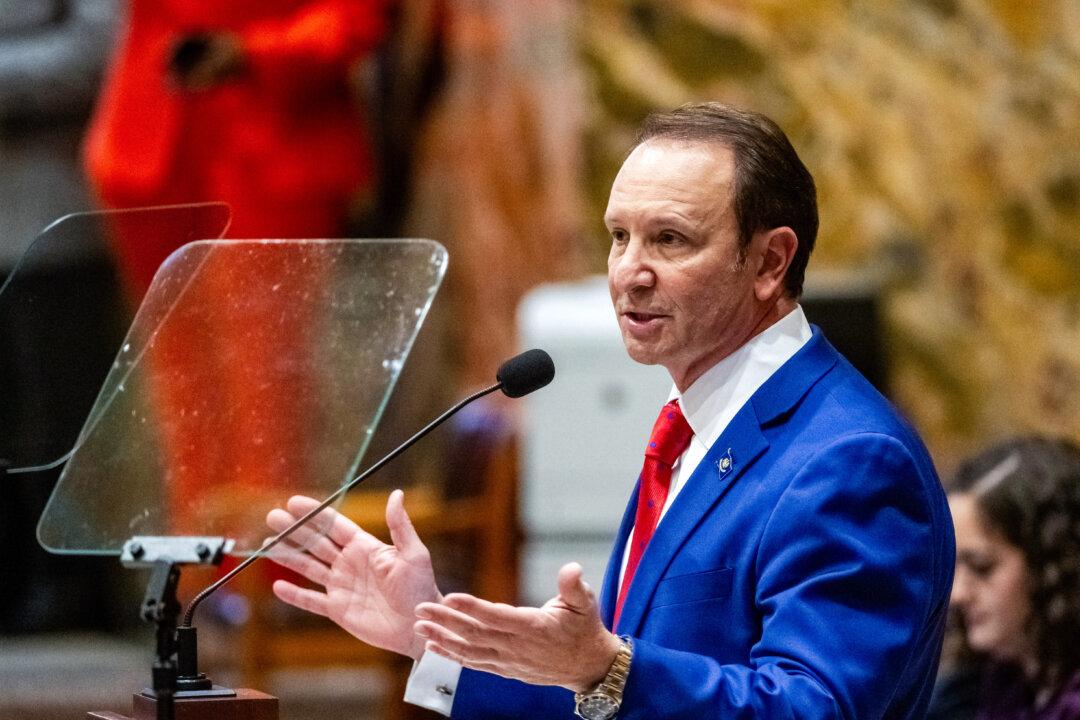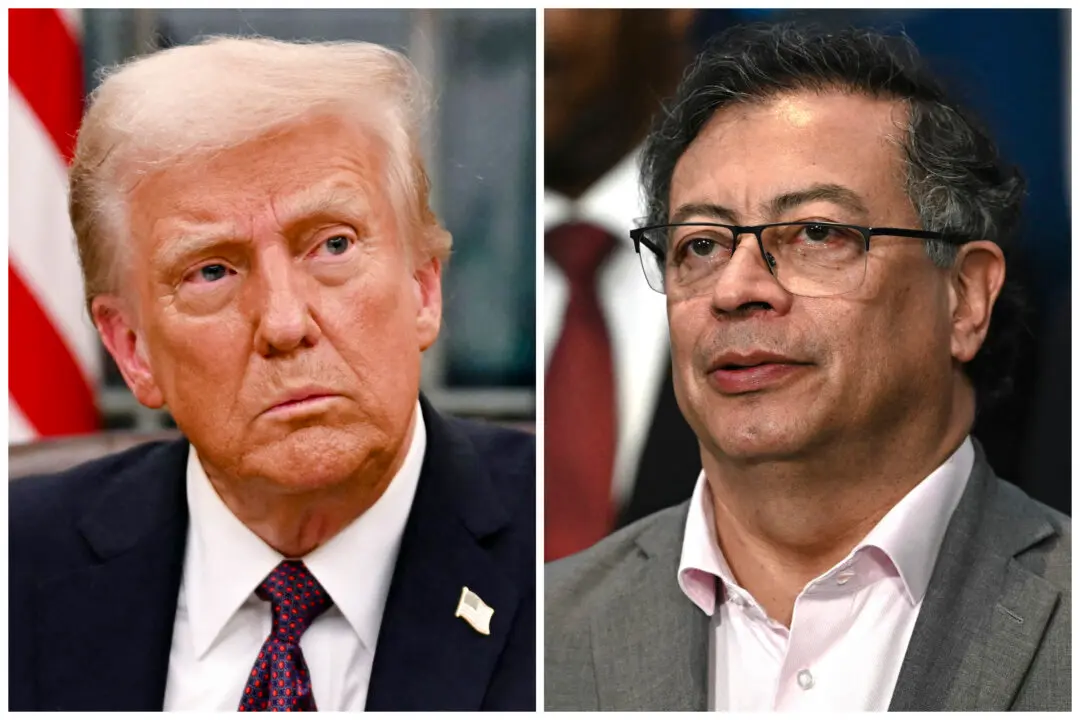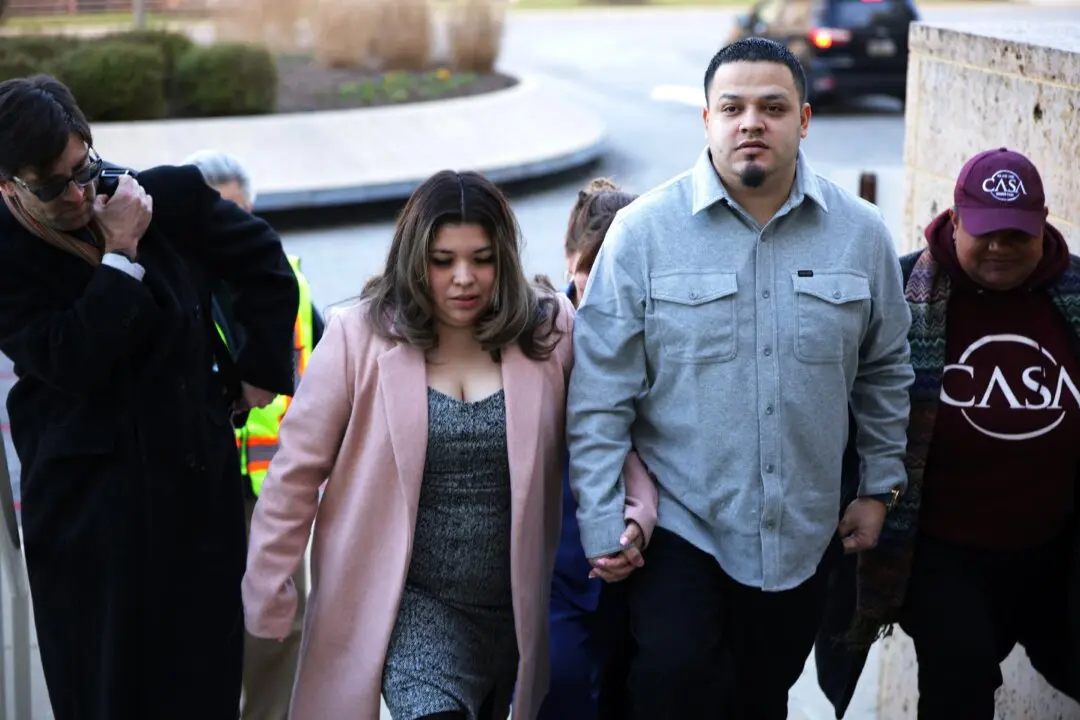All eyes have been on the Supreme Court, where justices have recently heard oral arguments in Murthy v. Missouri. This landmark case is about defining appropriate government powers in relation to Americans’ First Amendment rights on social media.
Among those watching closely is Louisiana Gov. Jeff Landry, who, during his tenure as Louisiana’s attorney general, co-filed the initial challenge—originally named Missouri v. Biden—against the Biden administration alongside Missouri Attorney General Eric Schmitt.






